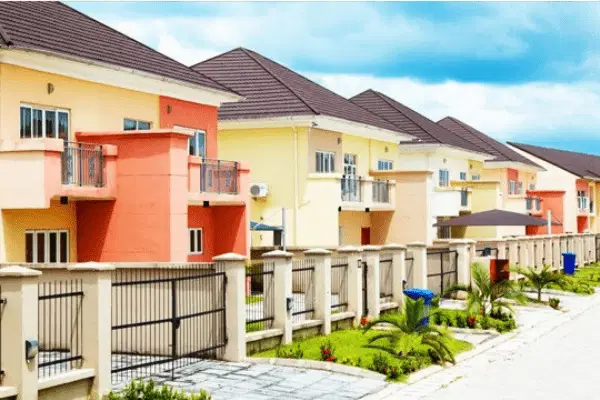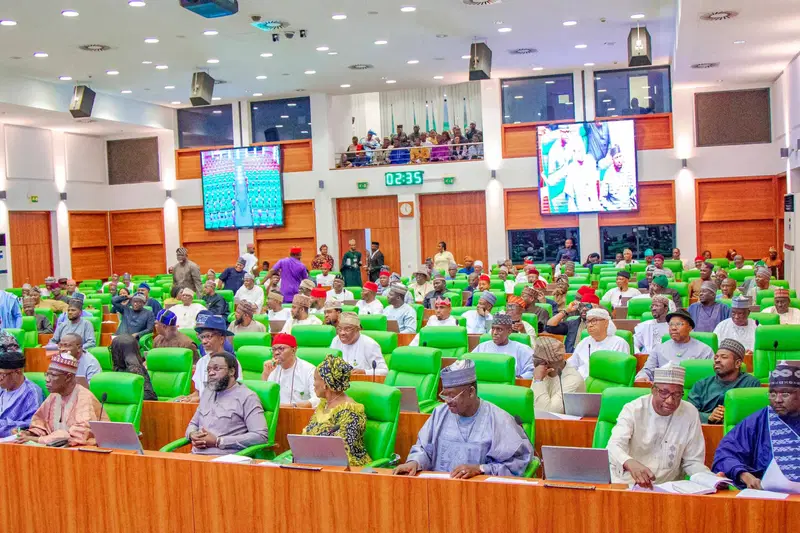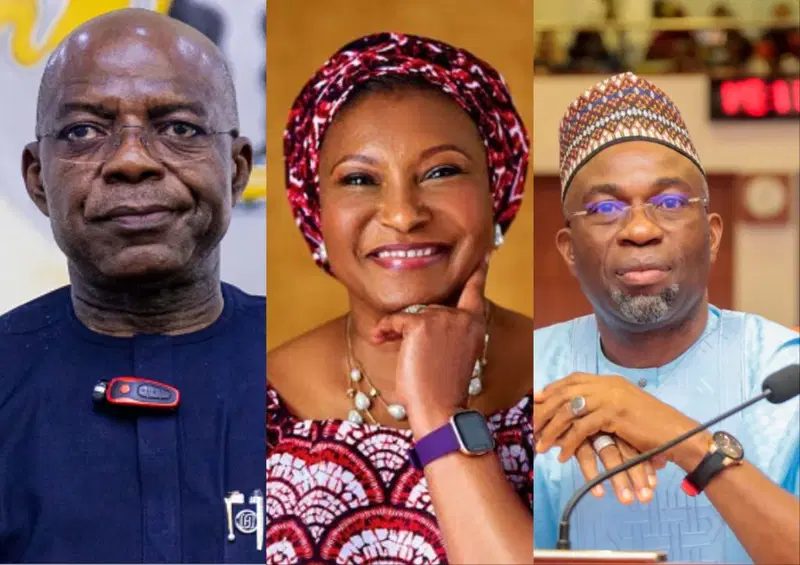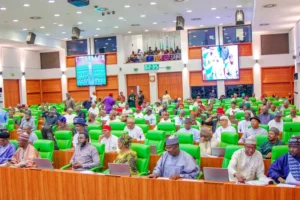- Nigeria faces a 21 million-unit housing deficit, with a growing population of 220 million and an urbanization rate that’s rapidly increasing.
- To bridge the gap, Nigeria needs over N5 trillion and 2.7 million housing units annually for the next 10 years.
- Real estate experts estimate that Nigeria requires N5.5 trillion to close its housing gap, with 550,000 housing units needed annually for the next decade.
- Abandoned housing projects are common, with developers blaming insecurity and economic factors, including the devaluation of the Naira, for the abandonment.
Nigeria’s housing deficit is a pressing issue that requires urgent attention. With a growing population and rapid urbanization, the demand for housing is increasing exponentially. However, hundreds of thousands of unoccupied housing units and abandoned housing projects dot the landscape, exacerbating the problem.
Experts agree that a multi-faceted approach is needed to address the housing deficit. This includes increasing funding for housing projects, providing affordable mortgage options, and implementing policies to encourage developers to build low-cost housing units.
Challenges and Solutions
- Abandoned housing projects: Developers blame insecurity and economic factors, including the devaluation of the Naira, for the abandonment. To address this, the government needs to provide incentives for developers to complete abandoned projects.
- High construction costs: The devaluation of the Naira has led to high construction costs, making it difficult for developers to build affordable housing units. To mitigate this, the government can provide subsidies for building materials or support local manufacturing of alternative building materials.
- Limited access to mortgage financing: Many Nigerians cannot afford housing units due to limited access to mortgage financing. To address this, the government can provide affordable mortgage options or partner with private lenders to offer low-interest loans.
Ultimately, addressing Nigeria’s housing deficit requires a collaborative effort between the government, developers, and financial institutions. By providing incentives, subsidies, and affordable mortgage options, Nigeria can bridge its housing gap and provide affordable housing units for its citizens.





















